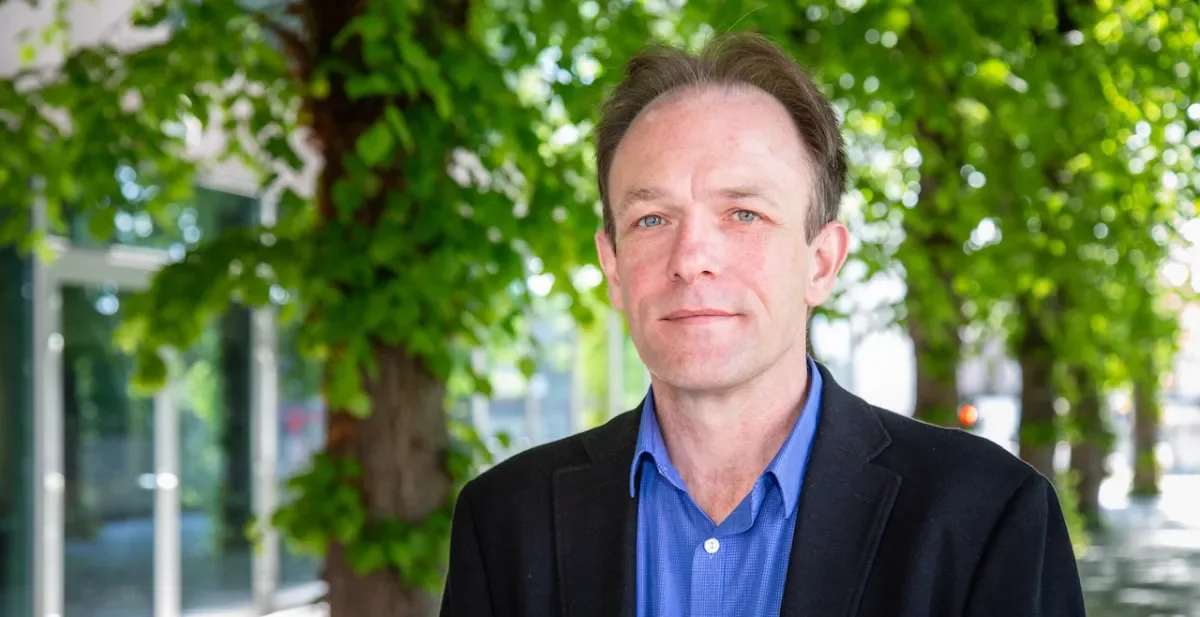

DCU researcher honoured with All Island education award
A DCU researcher has been honoured with a prestigious award for his work on the use of Information Communications Technology (ICT) by teacher education students on the island of Ireland.
Dr Martin Brown, Director at the Centre for Evaluation, Quality and Inspection, School of Policy and Practice at DCU Institute of Education has been awarded the John Coolahan Award by the Standing Conference on Teacher Education, North and South (SCoTENS) for research into ICT use in Initial Teacher Education conducted with colleagues in Queens University, Ulster University and University College Dublin.
It is the second time that Dr Brown has collected the award named in honour of Prof John Coolahan the former Chair of the Governing Body of St. Patrick’s College and the driving force behind the establishment of SCoTENS.
The award was created by SCoTENS* to recognise outstanding educational research that brought together professionals from both the Republic of Ireland and Northern Ireland.
Funded by SCoTENS, the research explored Initial Teacher Education Students' use of ICT on the island of Ireland. It was conducted between 2018-2020 and comprised a comprehensive survey, lecture observations and a series of interviews that was carried out with a team including Dr. Pamella Cowan, Queens University (Lead Partner – North), Dr. Stephen Roulston, Ulster University and Miss Rachel Farrrell (University College Dublin).
Key findings from the research Readiness and Practice to Teach and Learn in a Digital World (RAP) suggest that;
- While earlier research has traditionally suggested that non-STEM ITE tutors were less confident or knowledgeable about ICT than their STEM colleagues, this was not replicated in the pre-service teachers in this study.
- There was more confidence in the suggestion that the length of the course had an impact on readiness to employ ICT, with the respondents on a four-year course more likely to have higher scores for innovativeness although, paradoxically, they also had higher discomfort levels. This might be explained as the combination of a willingness to use ICT, alongside a pragmatic evaluation of the challenges of ICT implementation in pedagogy in these students.
- In schools with high levels of connectivity and ICT resources, the student teachers were keen to utilise all available opportunities to develop their pupils’ ICT skills in the classroom with the ongoing support of the teachers. However, many student teachers were faced with the ‘lottery’ of school placement and the resultant ‘challenge’ of having to make the best use of the limited facilities available to them in the school – both hardware and the lack of support afforded by formal mentors, perhaps in the role of Cooperating Teachers, and other teachers in the school.
Speaking about the award, Dr Brown said that, ‘whilst delighted to receive the recognition, the award also highlights and adds to the tome of the many other past and present North - South initiatives throughout the University'.
*SCoTENS is a network of 37 colleges of education, university education departments, teaching councils, curriculum councils, education trade unions and education centres.
